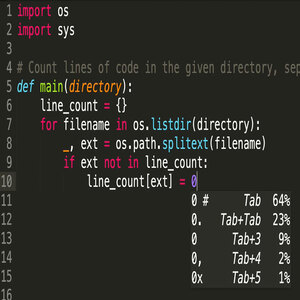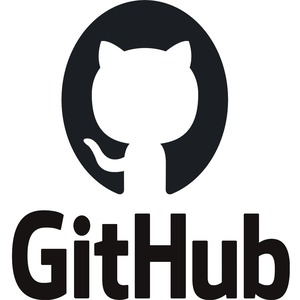Projects

Research paper implementations
With the objective of staying up-to-date with research and techniques not frequently visited in my daily work routine I decided to start re-implementing research papers across different domains. My goal here is to make the implementation as simple as possible for others to build upon as necessary and keep everything limited to a Colab runtime environment.
View Project
Msc Project: Deep Learning for Code Completion
My MSc project consisted on applying deep learning techniques, specifically NLP, to the code completion problem. This included data collecting and preprocessing, model selection, implementation and training. It also involved looking at larger completion problems (completing entire lines and blocks of code) and comparing the performance of models trained on different tasks
View Project
Optimization as a model for Few-Shot Learning
As part of a group project for Deep Learning I worked on reproducing the results and techniques used in a research paper proposed for the ICLR 2017 conference. The main challenges of this project were understanding the focus of the proposed research as well as being able to code, train and test the novel neural network architectures proposed in it. The code is available on GitHub here and the report associated with this work can be found here.
View Project
Quora Insincere Questions
As part of a group project for Advanced Machine Learning I worked on a kaggle competition proposed by Quora in which we had to use NLP techniques and deep learning to classify real world questions into two categories. The main challenge of this project was dealing with a large and unbalanced dataset and achieving a score comparable to that obtained by the competition leaders.
View Project